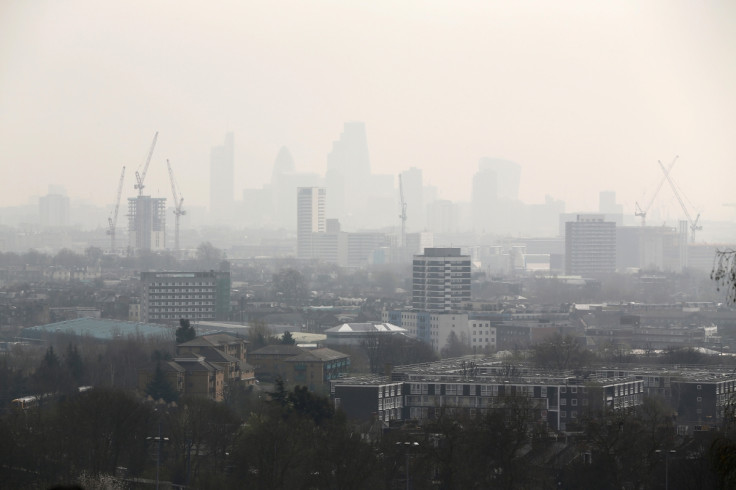Sadiq Khan's pollution charge will clean our air, but the plan has a serious flaw
There could be a perverse incentive to keep driving once the T-charge has been paid to get 'value for money'.

This week, the so-called 'T-charge' has come in for unfair and overblown criticism from some quarters. The Mayor of London's proposed emissions surcharge may be an imperfect measure, but it is a baby step in the right direction.
The charge on the oldest and most polluting vehicles entering the England capital's central congestion zone is to be implemented this autumn. It signals that clean air is a priority for our city, and that the health of Londoners' in the face of our air-pollution crisis is an urgent issue that should not be become a political football.
Critics of the proposed £10 levy charge estimate that it would cost small businesses £23m ($28.5m, €26.6m). This is a gross overestimate that supposes not a single Londoner would be convinced to change their driving habits or to upgrade their car to a cleaner one if and when they replace it.
The impact on small businesses was also criticised as a flaw in the scheme, but the Federation of Small Businesses (FSB) supports charging road users – under a more nuanced, dynamic system that 'better reflects journey and emission patterns'.
Small businesses are crucial to the economic vigour of London, and road-charging plans could mean people doing business driving may even pay less than under the new T-charge.
In any case the value of Londoners' well-being and quality of life cannot be weighed against the financial cost to business; they aren't even in the same category, morally and financially they're in a different league. Estimated economic costs of the health impact of poor quality air in the capital range from £1.4bn to £3.7bn, according to a Kings College report produced for Transport for London (TfL) in 2015.
Londoners must be able to trust the air they breathe and all experts say we need a sophisticated system to manage demand for road space and cut traffic.
The value of Londoners' well-being and quality of life cannot be weighed against the financial cost to business
The T-charge is a blunt tool that charges the same for driving an armchair to a charity shop three streets away to travelling all day in a heavily polluting car. My concern is that there is a perverse incentive to keep driving once the T-charge has been paid so people feel they've got 'value for money'. Emissions policies should be encouraging people to drive as little as possible and travel by the most sustainable options.
If people were charged according to the time of day, distance travelled and how polluting their engines were, rather than a flat rate, then there would be incentives to reduce car trips, leaving more road space for people to walk, cycle and travel by bus.
Not only would this be fairer and ease congestion by discouraging car journeys during the busiest times of day, but also it would clean up our air – which is good for everyone.
I hope the Mayor listens to the criticisms and urgently conduct a study into the ways that a road-pricing demand-management scheme could help make London a better and healthier place to live and work.
Caroline Russell is Green Party London Assembly Member.
© Copyright IBTimes 2025. All rights reserved.






















